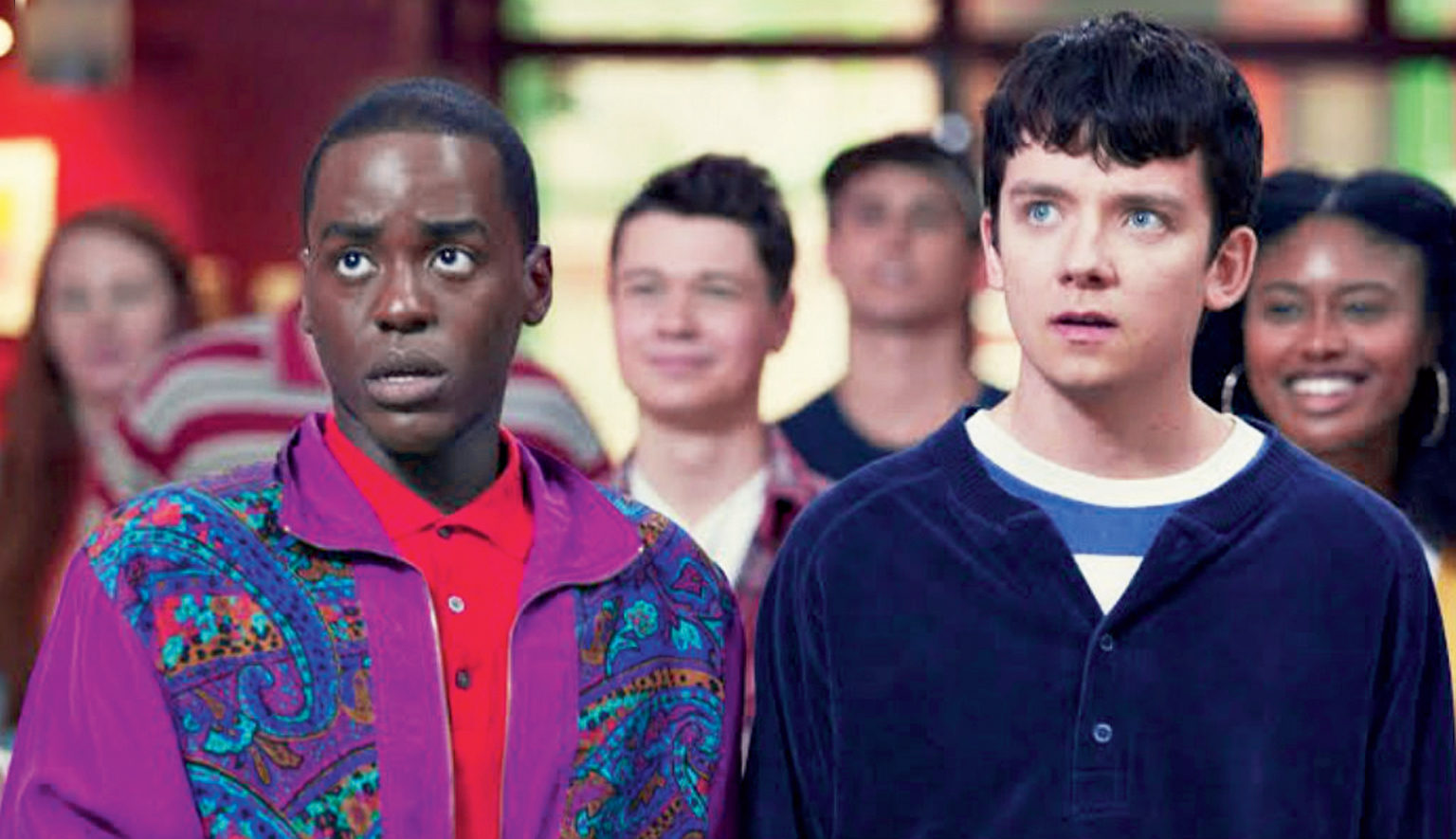Much before Netflix completely changed the way we consume content, there were just two kinds of broad genres that any television show would fall under — for kids and for adults. Millennials went from sitting beside their older siblings, imitating the automated laughter and pretending to comprehend shows like Friends or Seinfeld, to actually enjoying them. All of this while fighting for the remote to catch an episode of Australia’s The Sleepover Club or Hannah Montana for the younger lot. However, the most crucial formative years, where it is imperative to apply the learnings from moral science textbooks to real life and discerning the right from the wrong, went unaddressed. Hyperbolic films of college-going kids were all that young adults had to comprehend topics like sexuality, bullying, physical changes and emotional turmoil.
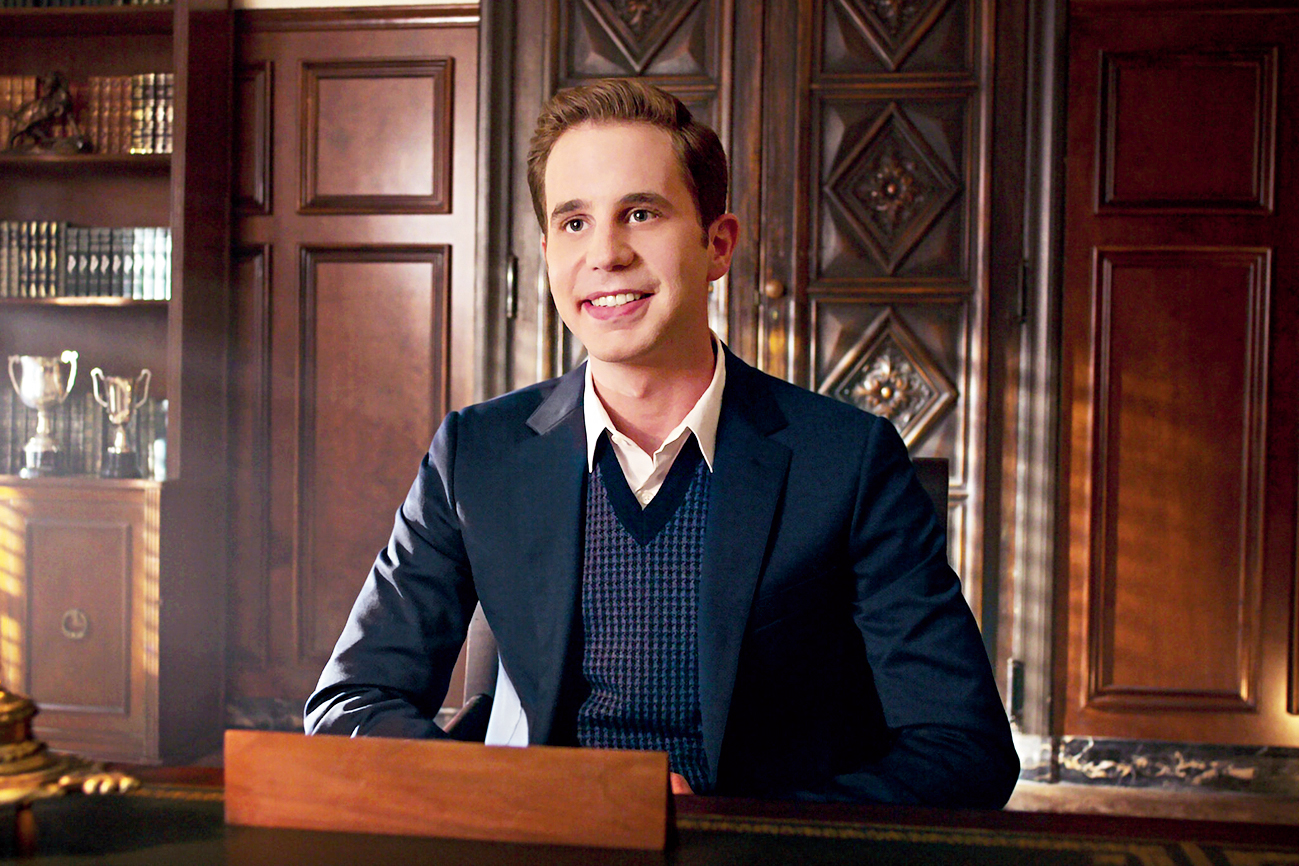
Ben Platt is phenomenal in The Politician which he has also co-produced Still from the show
A welcome shift
However, with Netflix Original content, the wave has shifted and young adults are not invisible to creators any more. On the contrary, they appear to form a decisively large portion of the target audience. Shows and movies are aplenty and while most of them encompass the high school-to-college transition phase, there is a staggeringly large number of genres and topics addressed through each.
Like Ryan Murphy’s The Politician had Payton Hobart (Ben Platt) hatch dubious plans to make his way into Harvard University and eventually become the President of the United States. As an adopted son, Payton’s relationship with his mother (played by Gwyneth Paltrow) was stronger than the one she shared with her own son. She basked in her son’s ambition and pulled all strings to smoothen out the hurdles in his path, by hook or by crook, while the show normalised the deepest and darkest thoughts which form the first steps towards self-doubt in our minds. When Payton says, “I try to do good things, right? But I’m not a good person. That’s my flaw. I’m ambitious. I am political. I’m conniving”, it is understood that it’s alright to feel this way and the show goes on to show us multiple possible endings through various characters, letting one make their own choices — reel to real. It’s dark, but it’s awfully real.
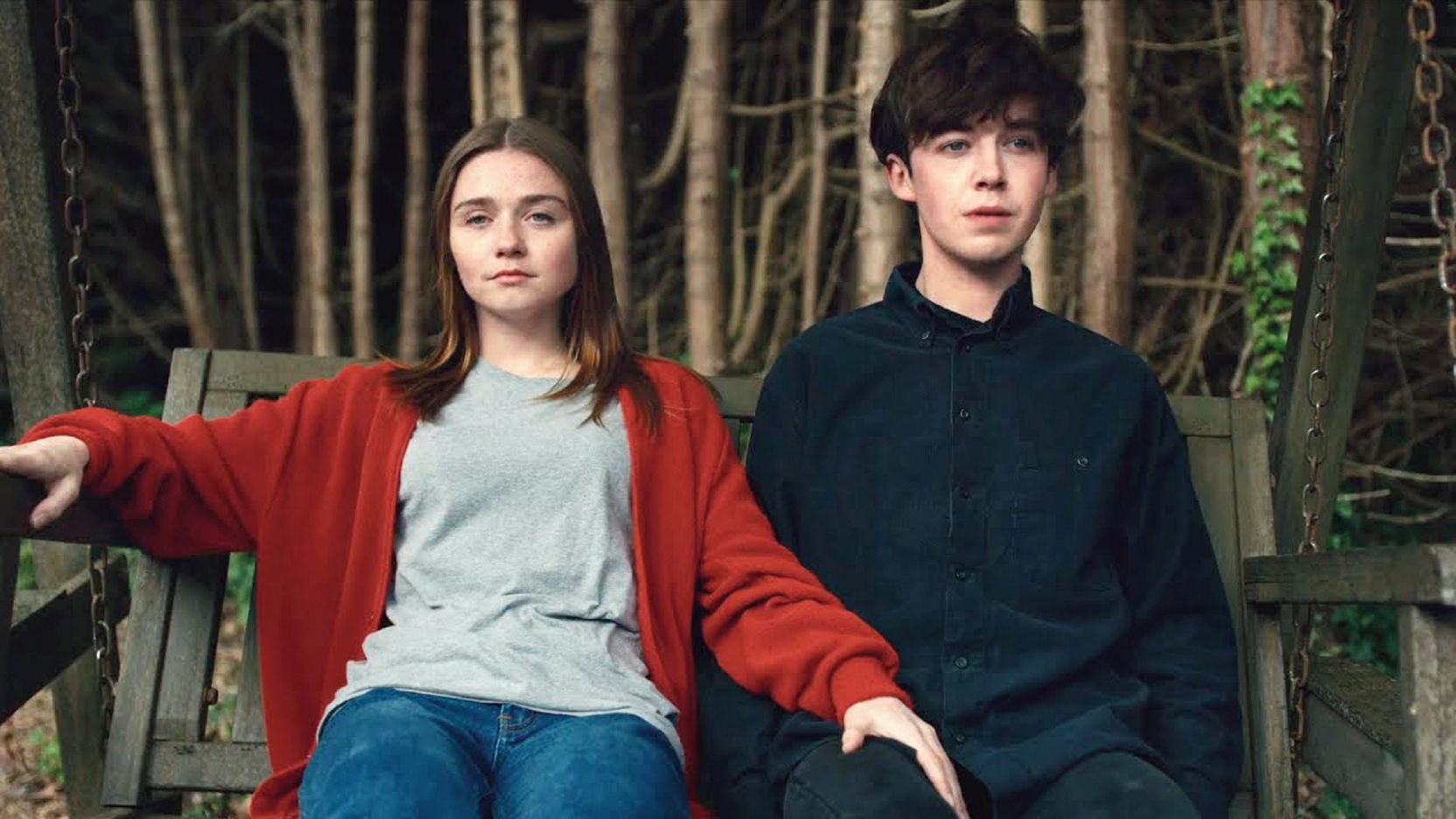
Jessica Barden (left) and Alex Lawther star as Alyssa and James, two dysfunctional characters in The End of The F***ing World Still from the show
The darkness of mind, of atmosphere and of stories, has been an underlying theme for a lot of these shows. The End of the F***ing World had two protagonists: James (Alex Lawther) and Alyssa (Jessica Barden), a self-proclaimed psychopath and his daring lover who just wants to leave an abusive home behind her. The show has gruesome murder, potential rape and a disregard for authority with oodles of nonchalance. Here is entertainment for young adults without underestimating their intellect and isn’t riddled with lessons either. Two people can be on the run from their families and get into immense trouble, but remember that it only happens in bizarre and surreal television shows and that it can prove to be fatal. For this generation of adults whose coping mechanism is a mutually acceptable meme-sharing policy with friends, it is oddly comforting to hear someone in the show say, “To be mad in a deranged world is not madness. It is sanity.” We relate.
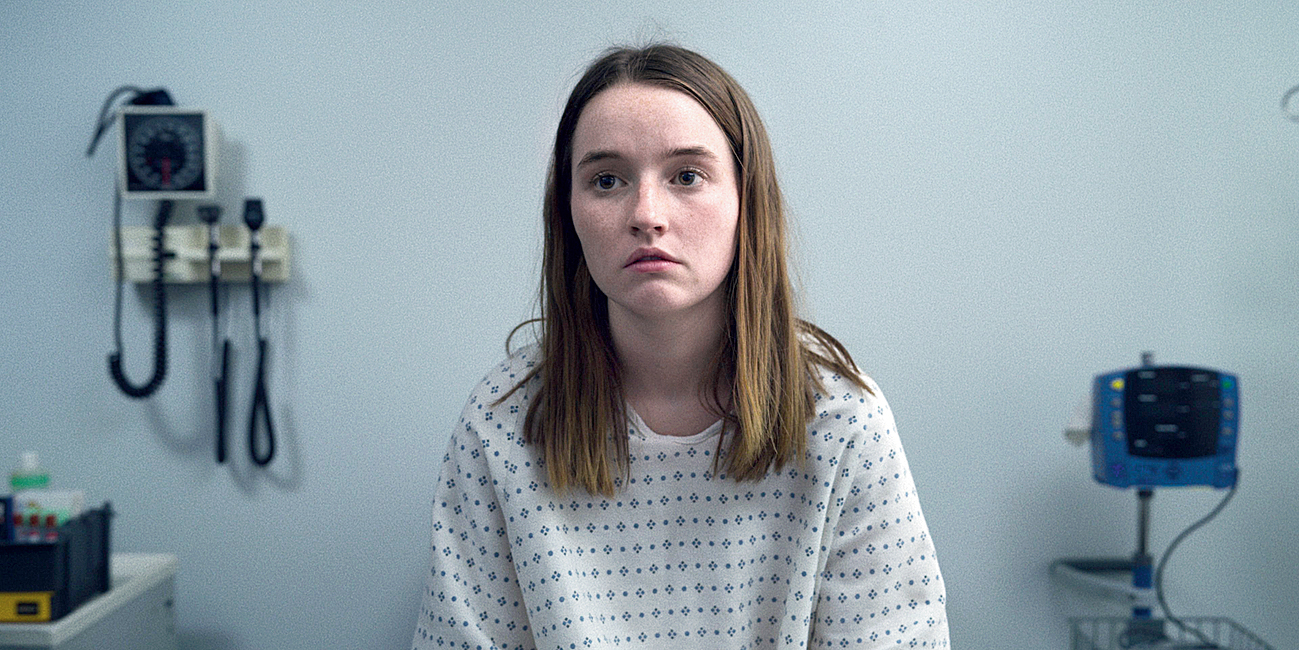
Kaitlyn Dever plays Marie Adler in Unbelievable, based on a true incident of rape charges by a young girl Still from the show
Real & relatable
We relate because we just want to be told that it’s okay to feel different, it’s okay to feel misunderstood and that we are not alone. Unbelievable, a mini-series starring Toni Collette and Merritt Wever, was based on a series of rapes in Washington and Colorado, where Marie, a teenager brought up by foster families, had an incredibly difficult time convincing the police of having been raped. The flak she faces revolves around her supposed need for attention to be cooking up a story so gruesome. Based on An Unbelievable Story of Rape, a Pulitzer Prize-winning investigative piece of journalism that released on Pro Publica and The Marshall Project, the horror of the incident arrives at a heartening conclusion of justice and is comforting for those who struggle to voice the trauma they go through and are not able to voice it for fear of stigmatisation. There is a constant tug-of-war or bipolarity of emotions experienced by millennials for being dealt a bad hand by the world yet be embroiled in the supposed comforts of modern life. One minute we worry about climate change and the next minute we are laughing at a meme shared by a friend on Instagram. This bipolarity seems to have finally found a permanent place in Netflix’s Young Adult section.
Not just the unspoken emotions but also the mysteries of the physical world are beautifully expressed in one of the greatest Young Adult shows highlighting female friendships, sex, desires and standing up for oneself. Laurie Nunn’s Sex Education is a humorous series which is equal parts informative and heart-warming with its second season winning accolades as well as our hearts. Otis Milburn (Asa Butterfield), the son of a sex therapist, decides to alleviate his classmates from their panic, induced by sexual chaos in their lives by charging them for therapy sessions in a dilapidated bathroom in the school. While he helps students answer bizarre queries in their heads, there is secret gratitude in everyone’s hearts for the service he renders. Each of the characters has their own demons to deal with — abusive parents, peer pressure, sexual assault — and it is all treated with a kind of dry humour and the sensibilities that we have come to imbibe in our daily lives. It is the kind of show that makes one wish we had the same in our formative years.
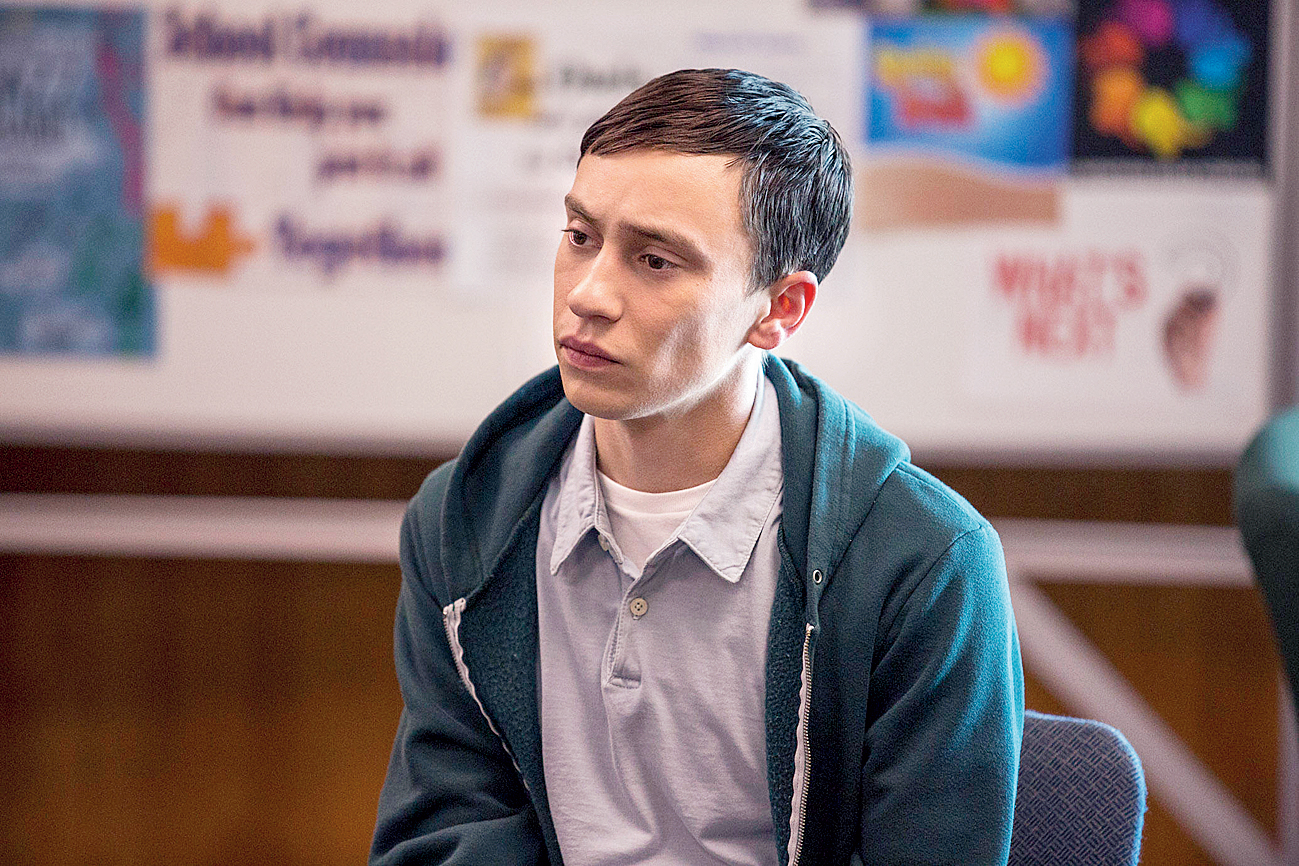
Keir Gilchrist stars as Sam Gardener, an autistic boy’s coming-of-age tale in Atypical Still from the show
Taking this genre even further and making it inclusive, pushing the envelope as much as it can be, is Atypical, the story of 18-year-old Sam Gardner (Keir Gilchrist) who is autistic. He traverses through coming-of-age issues, including falling in love with his therapist, discovering his calling and finding his independence, that jeopardises the lives of those who take care of him, that is his sister and mother. Mothers are not glorified in this world of Netflix. They are not perfect and their flaws sometimes compel us to find meaning and a life outside of the cocoon we grow up in. And Netflix is here to say, ‘It’s okay. Life isn’t ideal but guess what, you will survive. Just do what feels right to you’.
Netflix, of course, hits a home run with their fantasy picks which include shows like Matt and Ross Duffer’s Stranger Things which now has a cult following of sorts, revamped shows like Chilling Adventures of Sabrina and the recent series I Am Not Okay With This. With surreal budgets for each show, executed flawlessly with top-notch CGI, no stone is left unturned to deliver a gripping visual extravaganza juxtaposed with usual teenage angst and confusion that gnaws at everyone.
However, this is not to say Netflix hasn’t faltered in their journey towards teenage emancipation. There was the butchering of a beloved comic series that came in the form of Riverdale but few seasons in, the complaints have ceased as the audience has come to accept the show as something far away from the Archie Andrews-Betty Cooper-Veronica Lodge story we grew up with.
The same goes for their very ambitious project that was 13 Reasons Why, which was accused of belittling suicide and mental health and proved to be disturbing for many. They are making amends in the next seasons by actively rectifying the mistakes of the previous ones. For that is the advantage of a giant content creator of Netflix’s stature… just like our growing up years, you can create history as long as there is always room for amends.

